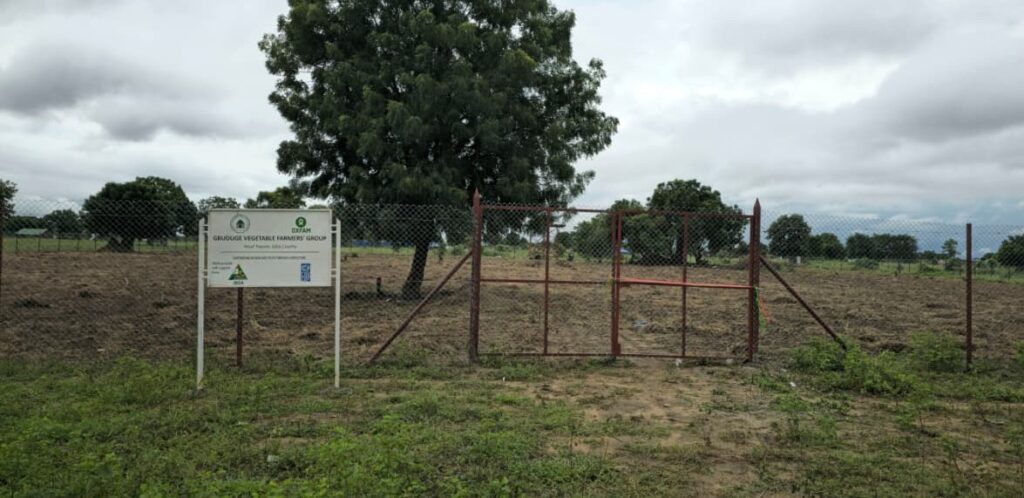South Sudan’s Ministry of Gender, Child and Social Welfare, in partnership with the U.N. Development Programme, the South African Embassy and Oxfam, launched a pilot project Monday aimed at empowering women and youth through sustainable agriculture.
The Empowering Women and Youth to Drive Sustainable Agriculture (EWYSA) project, introduced in Gbuduge village in Central Equatoria State, seeks to improve food security, strengthen livelihoods and support smallholder farmers — particularly women and young people.
The launch included a ribbon-cutting ceremony, the handover of motorcycles to the state’s Agriculture Ministry and the groundbreaking of the first community garden site.
For many women farmers, the project is already making a difference.
Sarah Kiden, a beneficiary, told Radio Tamazuj that the new fencing around community farms has brought relief. “Before, cattle keepers brought their cows to eat our crops, but now with the fenced farm, we are happy,” she said. “Farming allows us to sell harvests and pay for school and hospital needs.”
Another farmer, Agens Poni Michel, said the project has reduced the burden of protecting crops. “Some years back, we had to guard our gardens from 6 a.m. to 6 p.m. because cattle destroyed everything,” she said. “Today, with support from NGOs, we have water close to the farm and a fence to protect it. We are very happy.”
South Sudan remains one of the world’s most food-insecure countries despite its fertile land. Mohamed Abchir, the UNDP resident representative, said the project addresses multiple challenges.
“This initiative responds to food insecurity, youth unemployment, climate vulnerability and gender inequality,” he said. “By empowering women and youth, we are creating pathways for resilience and long-term food security.”
The project aligns with South Sudan’s Blue Economy Strategy, its Comprehensive Agriculture Master Plan and the U.N. Sustainable Development Goals. It focuses on vegetable cultivation, with special support for vulnerable groups, including widows, survivors of gender-based violence, young mothers and people with disabilities.
South Africa’s ambassador to South Sudan Mahlodi Muofhe linked the launch to International Youth Month and Women’s Month, urging young people to “choose seeds over bullets.”
“Our youth must till the land to feed their communities instead of picking up guns,” he said. “This project is a practical demonstration of African solutions to African problems.”
Oxfam’s country director, Shabnam Baloch, called the launch a “testament to what can be achieved through shared vision and determination.” She said the pilot could pave the way for expansion.
“Let us use this success as the foundation for scaling up so that more families, more communities and more regions across South Sudan can benefit,” she said.
Lilly Kapuki Paul Jurkin, Central Equatoria State’s minister of agriculture, environment and forestry, said 80% of the state’s farmers are women. “By targeting women and youth, this project means peace, stability, good nutrition and women’s empowerment for economic prosperity,” she said.
Backed by a $1 million investment from the India-Brazil-South Africa Fund, the project will run until 2026. Officials hope it will help transition South Sudanese farmers from subsistence to commercial agriculture, boosting food security and economic growth.
As the South African ambassador said during the launch: “We want South Sudanese to graduate from being subsistence farmers to becoming commercial farmers. This project must benefit South Sudanese directly.”




